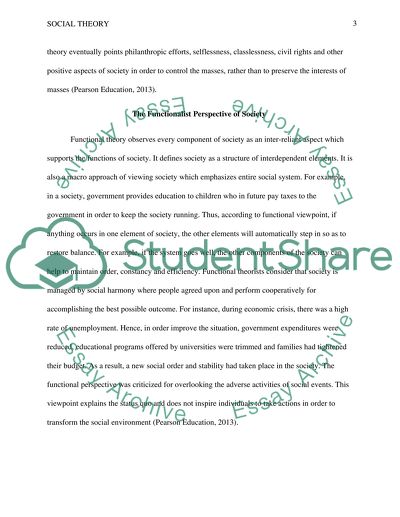Cite this document
(“Social Theory Essay Example | Topics and Well Written Essays - 1250 words”, n.d.)
Retrieved from https://studentshare.org/sociology/1492031-social-theory
Retrieved from https://studentshare.org/sociology/1492031-social-theory
(Social Theory Essay Example | Topics and Well Written Essays - 1250 Words)
https://studentshare.org/sociology/1492031-social-theory.
https://studentshare.org/sociology/1492031-social-theory.
“Social Theory Essay Example | Topics and Well Written Essays - 1250 Words”, n.d. https://studentshare.org/sociology/1492031-social-theory.


